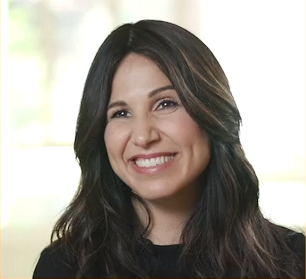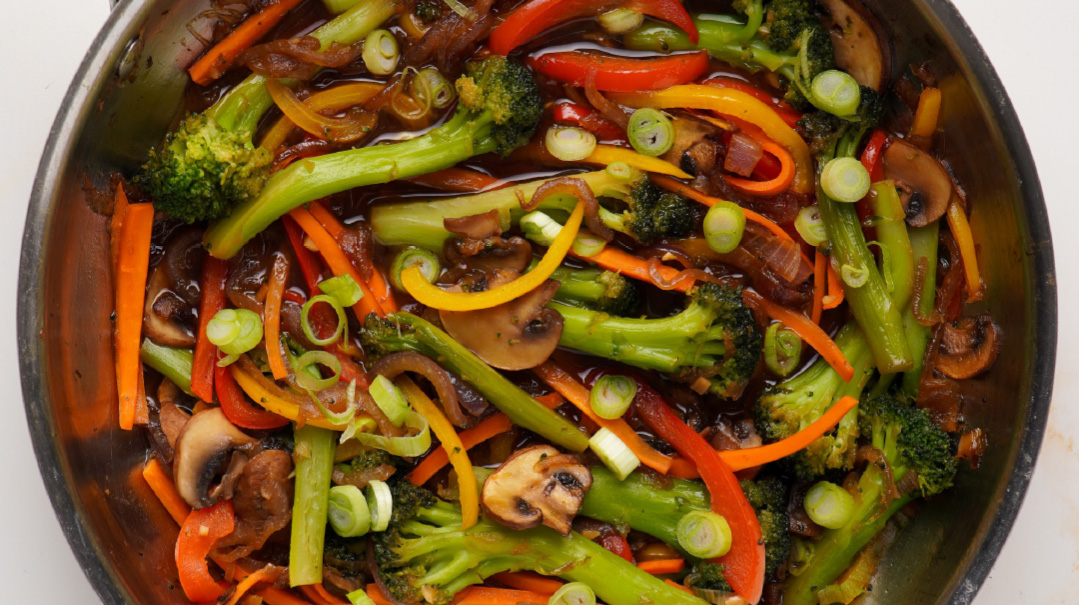Spice of Life


Styling and Photography by Baila Rochelleiner
As women who cook and bake, we know that turning out that perfect dish takes thought. No, it’s not throwing the steak on the grill that takes brainpower. It’s not peeling potatoes that needs concentration, and no foodie rises to fame because she finally figured out how to squish all the chicken legs into one 9x13. The real time and thought goes into flavoring our dishes so that they’re transformed from bland to delicious.
Hashem told Bnei Yisrael, “Barasi yetzer hara, u’varasi lo Torah tavlin — I created the yetzer hara, and I created Torah as its antidote” (Kiddushin 30b). Learning Torah is Hashem’s prescription for freeing ourselves from the yetzer hara.
But the word tavlin, antidote, also means “spice.” One of the ways that Torah keeps us from sin is by training us to live mindfully. We don’t just pour spices on impulse. Haphazardly pouring unlimited cayenne pepper, basil, and turmeric onto just about anything would end in disaster. Spicing takes time and thought; it forces us to be mindful, to make conscious choices, sometimes even to take out a measuring spoon when things get sensitive.
The Torah transformed us from people who were suddenly free to people who were responsible for harnessing our freedom and channeling it to make the right choices. It behooves us to live and act not impulsively, but mindfully. In that way, Torah is like tavlin. It is the spice, the mindfulness that Torah brings out in us, that enables us to overcome our animalistic urges and behave royally instead.
Respond, Don’t React
Over the years, this column has covered helpful topics about how to make proactive choices about caring for our bodies. But as much as we know about taking care of ourselves, in the moment, it’s not always easy to tell if you’re making a conscious choice or reacting impulsively.
Take a look at the word reaction. It’s a conjugate of re and action — you’re repeating an action. You’re stuck in a habit loop that you have been in before. The red flags are all there, but you’re still doing the same old thing, even though you may know you’ll regret it later. There’s no pausing to reflect or consider other options or how you’ll feel about this choice in an hour: it’s impulsive, as the yetzer hara encourages us to be.
Responses are different from reactions. They are thoughtful and measured; they’re tavlin-style actions. A response is responsible. You take stock of the situation. You pause, you think, you reflect, you consider. And then you make your responsible choice.
Oops! We could not locate your form.













